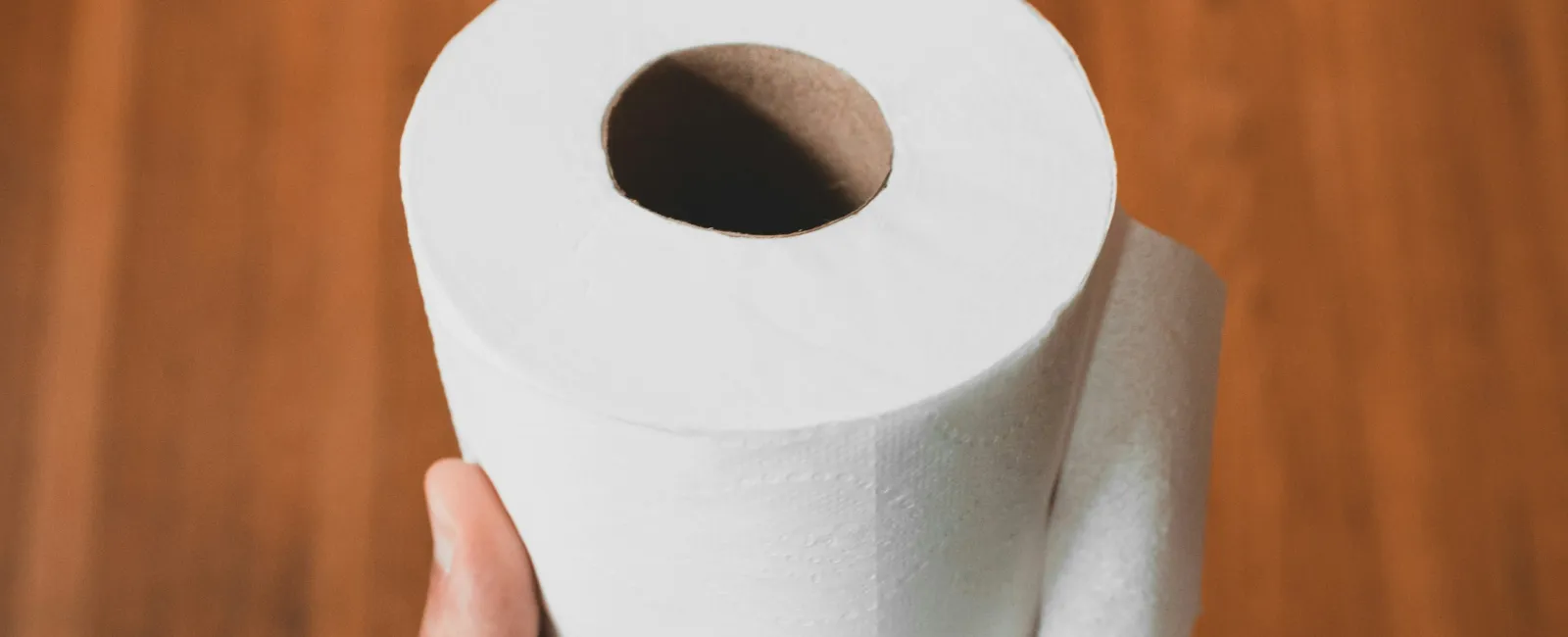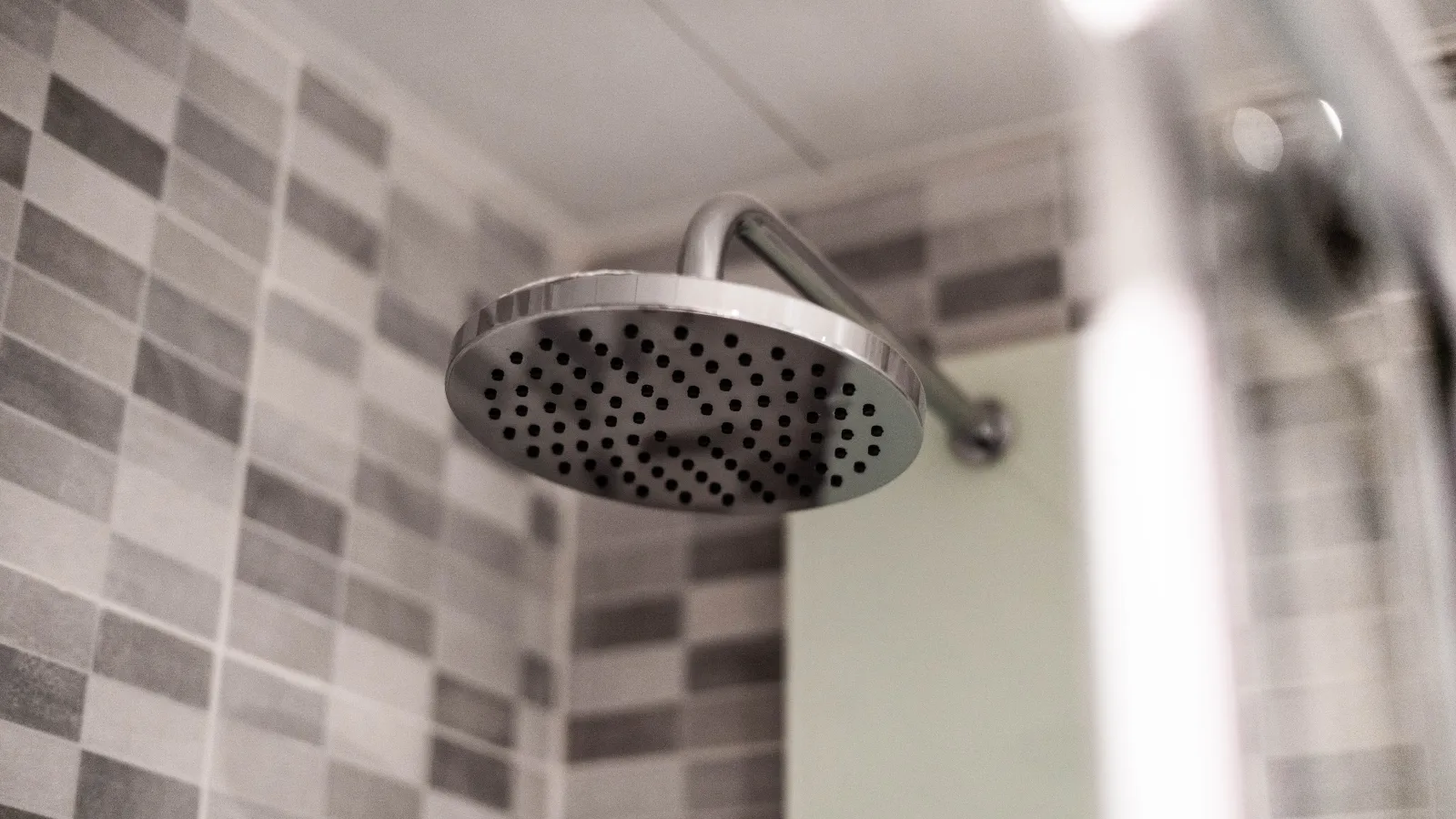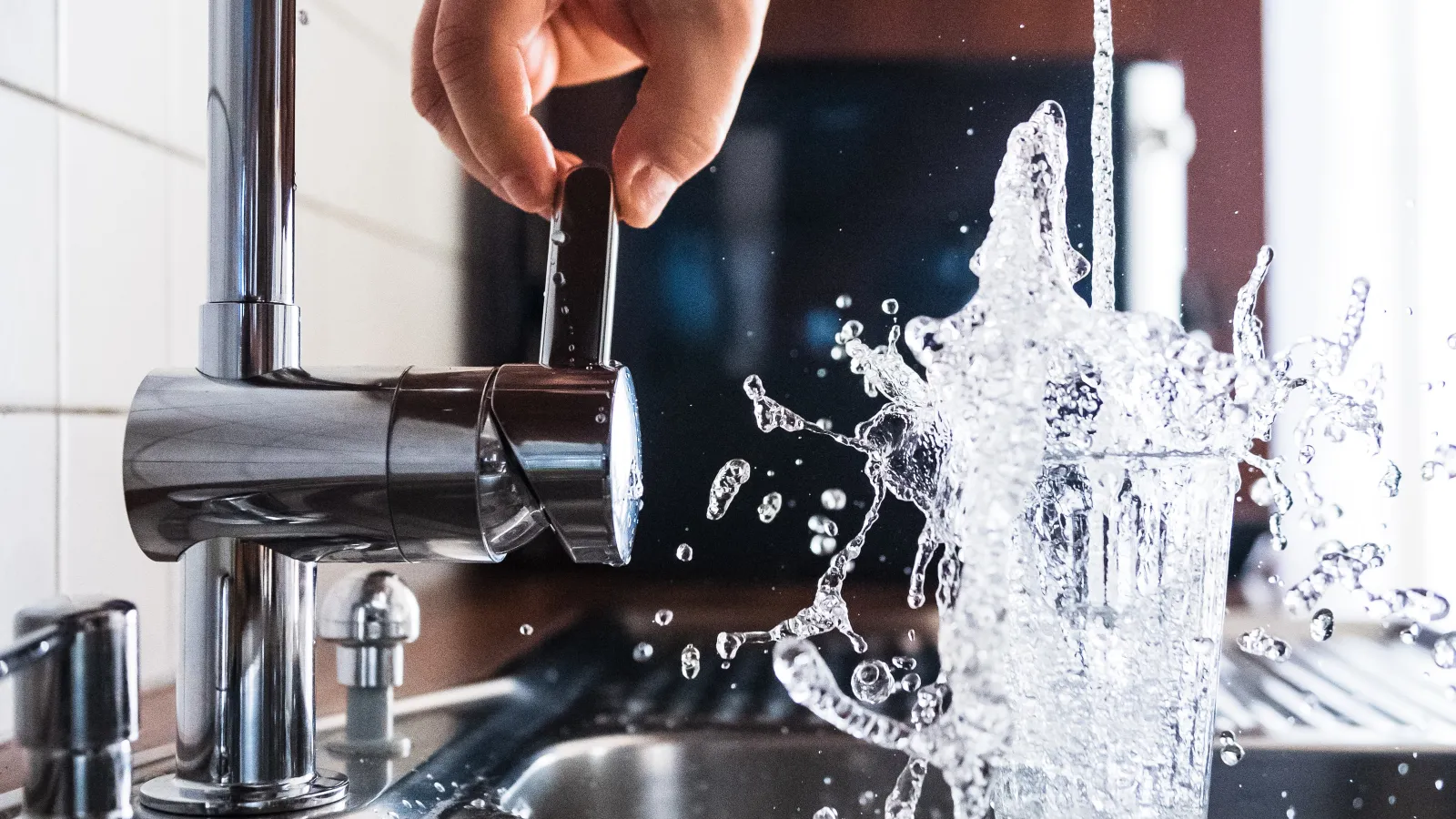The simple answer is no; you cannot flush paper towels or anything else that isn't toilet paper. These items may seem harmless, but they can wreak havoc on your plumbing and local sewer systems. While toilets are designed to flush away human waste and toilet paper, they are not equipped to handle the wide range of items people mistakenly flush.
Flushing non-flushable items like paper towels, baby wipes, or even hair can lead to significant plumbing issues, costly repairs, and even environmental harm. Understanding what should and shouldn't be flushed is essential for keeping your pipes clear and avoiding expensive problems down the road.
Why Flushing Non-Flushable Items is a Problem
When you flush items that aren't designed to break down quickly, they can cause blockages in your pipes, leading to clogs that may require professional intervention. Unlike toilet paper, which is designed to disintegrate rapidly, items like paper towels, tissues, and baby wipes are built for durability. As a result, they remain intact as they travel through your plumbing system and into sewer pipes, where they can get stuck and accumulate with other debris.
The Impact on Your Home's Plumbing
One of the most immediate risks of flushing non-flushable items is a clog in your home's plumbing system. These blockages can cause slow drainage, water backups, or, in severe cases, sewage overflows inside your home. Fixing these problems can be costly and disruptive, especially if it requires digging up parts of your yard or replacing damaged pipes.
Damage to Municipal Sewer Systems
The problem doesn't stop at your home. Once these items make it past your pipes, they enter the municipal sewer system, where they can cause further complications. Cities and towns spend millions of dollars each year to manage blockages in public sewers caused by items that should never have been flushed. These blockages, often called "fatbergs," are massive clumps of debris that combine with fats, oils, and grease. In extreme cases, fatbergs have caused widespread sewer backups, requiring extensive, labor-intensive removal efforts.
What Happens When You Flush Paper Towels?
Many people think paper towels can be flushed because they resemble toilet paper in texture and appearance. However, paper towels are designed to be more durable and absorbent, making them much less likely to break down in water. When you flush paper towels, they can clump together and form blockages in your pipes or the sewer system. Even if one or two go down without issue, these paper towels can accumulate over time and cause significant problems.
Can You Flush Tissues or Kleenex?
Tissues, like Kleenex, are also commonly mistaken as flushable items. But just like paper towels, tissues are designed to hold their form when wet. While they may be slightly softer and thinner, tissues do not break down quickly in water. This slow disintegration process makes them a significant problem when flushed. Flushing tissues can lead to clogs in your pipes, especially if they accumulate with other non-flushable items.
What About Hair? Is it Flushable?
Flushing hair down the toilet might seem harmless because it's a lightweight item. However, hair is robust and resistant to breaking down. Once it enters your plumbing system, it tends to get tangled with other debris, forming dense clumps that can block pipes. Hair is notorious for causing clogs, particularly in bathroom drains, and it can cause similar problems when flushed down the toilet.
Are Baby Wipes Flushable?
Even though some baby wipes are labeled as "flushable," they are unsafe for your plumbing. Most baby wipes are designed to be durable and moisture-resistant, which means they don't disintegrate in water like toilet paper. Flushing baby wipes can result in stubborn clogs, requiring professional plumbing services. These wipes are dangerous because they can easily combine with other materials, creating significant blockages in residential and municipal plumbing systems.
The "Flushable" Wipes Myth
Understanding that even "flushable" wipes aren't truly flushable is essential. While they may flush the toilet initially, they don't break down quickly like toilet paper. Many municipalities have issued warnings about flushable wipes because they are a leading cause of sewer blockages. No wipe should ever be flushed down the toilet, regardless of what the packaging says.
What Can You Safely Flush Down the Toilet?
There's a simple rule to follow when it comes to flushing: If it's not human waste or toilet paper, don't flush it. Toilet paper is specially designed to disintegrate in water quickly, which prevents it from clogging pipes or causing damage to your plumbing. Other than that, your toilet is not meant to handle anything else.
Why Toilet Paper is the Only Safe Option
Toilet paper is the only flushable paper product because its fibers are specifically engineered to break apart when exposed to water. The fibers used in toilet paper are designed to dissolve easily and quickly, minimizing the risk of blockages. In contrast, paper products like towels, tissues, and baby wipes contain more muscular fibers that resist breaking down in water.
The Long-Term Effects of Flushing Non-Flushable Items
The consequences of flushing non-flushable items can extend far beyond an occasional clogged toilet. Over time, these items can accumulate in the sewer system, creating blockages that can cause severe, severe damage to local water treatment plants. When non-flushable items enter the wastewater system, they must be manually removed during the water treatment, increasing the maintenance cost for cities and municipalities. Sometimes, these costs are passed on to consumers through higher utility bills.
In addition to the financial cost, there is also an environmental cost. Sewer overflows caused by blockages can release untreated sewage into local waterways, harming wildlife and contaminating natural ecosystems.
Proper Disposal of Common Non-Flushable Items
Now that you know the risks of flushing non-flushable items, you must dispose of them correctly. Here's how you can properly of the most commonly-flushed items:
Paper Towels and Tissues
Always throw paper towels and tissues into the trash. Even if they're only slightly used, they should never go down the toilet.
Hair
Hair should be disposed of in the trash, especially after cleaning hairbrushes or trimming hair. Never flush hair down the toilet, as it will only contribute to clogs and other plumbing issues.
Baby Wipes
Instead of flushing baby wipes, dispose of them in a trash bin. Keep a small, lidded trash can near your changing table or bathroom to make it easy to toss wipes in the garbage.
Other Household Items
In addition to the items mentioned above, you should avoid flushing cotton swabs, dental floss, feminine hygiene products, and cleaning wipes. These items don't break down in water and can easily lead to blockages.
Avoiding Future Plumbing Problems
The best way to avoid future plumbing problems is to be mindful of what you flush. Educate everyone in your household, including children, about the importance of only flushing human waste and toilet paper. By avoiding flushing non-flushable items, you can save yourself a lot of hassle, money, and potential damage to your home and the environment.
Regular Plumbing Maintenance
To keep your plumbing in good working order, it's a good idea to have regular inspections and maintenance done by a professional plumber. They can identify issues early on, such as slow-draining pipes or minor blockages, and prevent them from becoming more severe problems. Regular maintenance can also help extend the life of your plumbing system.
Conclusion
While it might be tempting to flush items like paper towels, tissues, hair, Kleenex, and baby wipes down the toilet, doing so can lead to costly repairs, clogged pipes, and environmental harm. Toilets are designed to handle human waste and toilet paper only—nothing else. Always dispose of non-flushable items in the trash to protect your plumbing and the environment. By being more mindful of what goes down your toilet, you can avoid many common plumbing issues and help keep your community's sewer system running smoothly.



